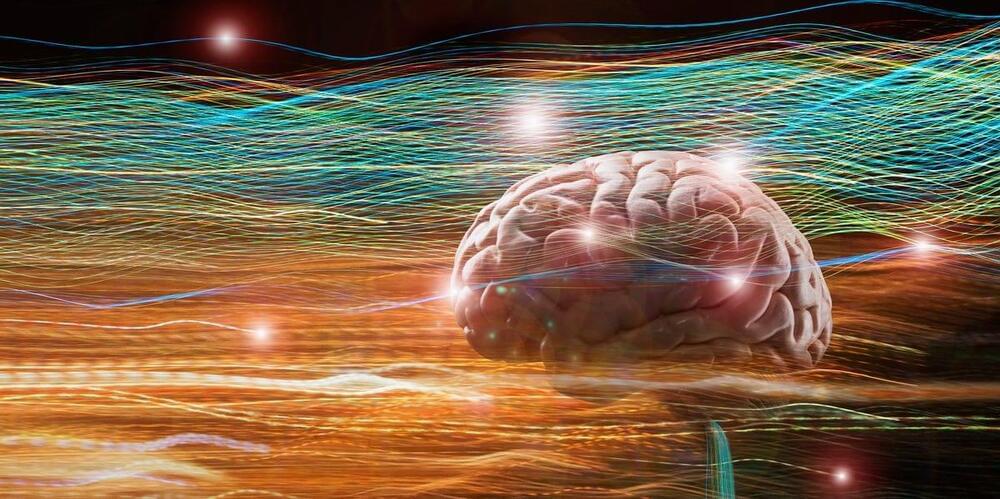A Spanish biotech company sees the carbon material as a way to power the brain-computer interfaces of the future.


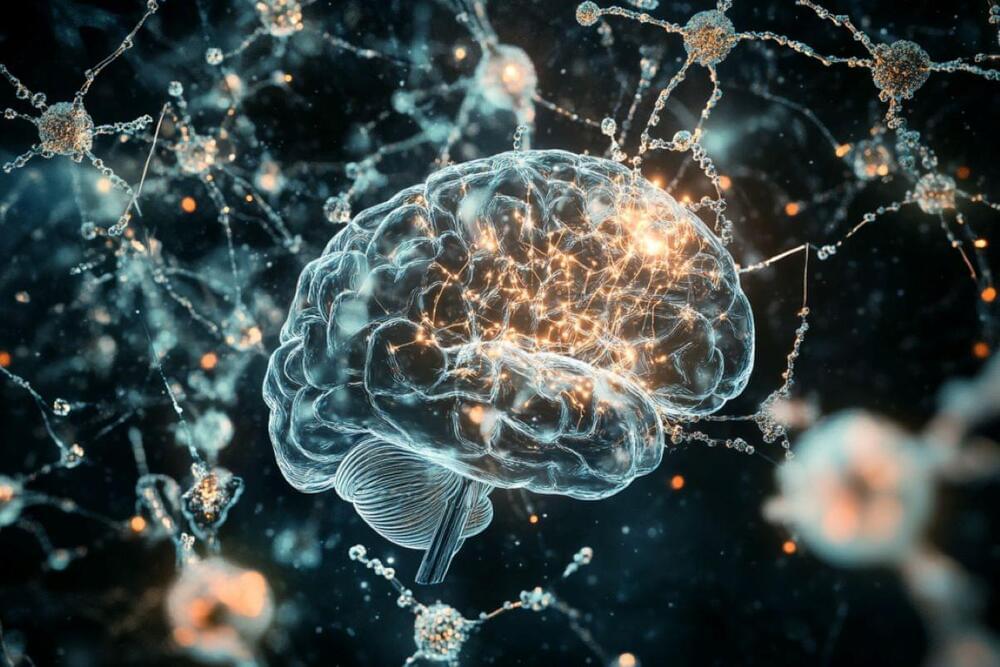
Summary: A new study reveals that the absence of the TRMT10A enzyme disrupts tRNA levels, leading to impaired protein synthesis and brain function. Researchers found that mice lacking the Trmt10a gene had decreased levels of key tRNAs, which affected neuronal synapses and cognitive abilities.
The findings suggest that while tRNA reduction occurs in multiple tissues, the brain is particularly vulnerable to its effects. This research could pave the way for new therapies targeting tRNA modification to treat intellectual disabilities.
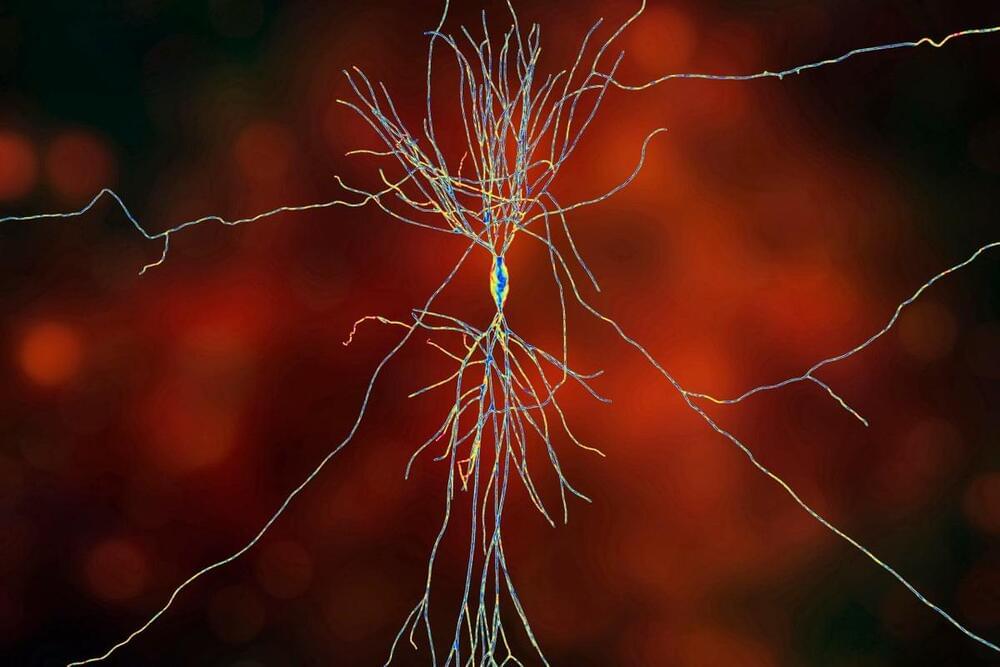
To make sense of the world around us, the brain must process an…
Neurons in certain brain areas integrate ‘what’ and ‘when’ information to discern hidden order in events happening in real time.
By Miryam Naddaf & Nature magazine
The human brain is constantly picking up patterns in everyday experiences — and can do so without conscious thought, finds a study of neuronal activity in people who had electrodes implanted in their brain tissue for medical reasons.
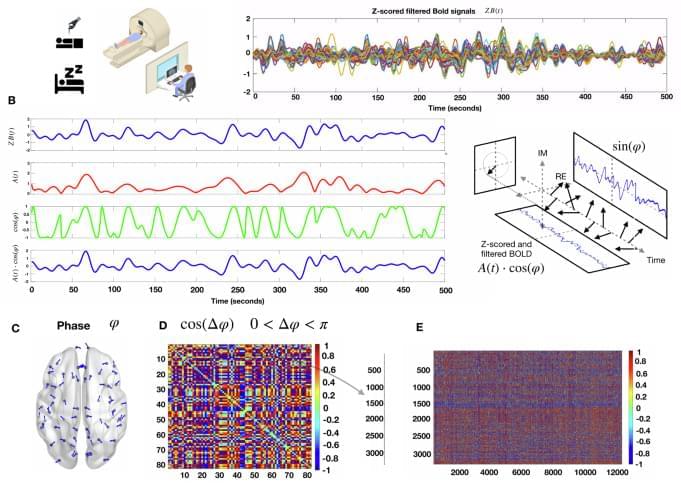

Hoboken, April 20, 2024. Daniel Dennett’s death feels like the end of an era, the era of ultra-materialist, ultra-Darwinian, swaggering, know-it-all scientism. Who’s left? Dawkins? Dennett isn’t as smart as he thinks he is, I liked to say, because no one is. He lacked the self-doubt gene, but he forced me to doubt myself, he made me rethink what I think, and what more can you ask of a philosopher? I first encountered Dennett’s in-your-face brilliance in 1981 when I read The Mind’s I, and his name popped up at a consciousness shindig I attended just last week. To honor Dennett, I’m posting a free, revised version of my 2017 critique of his claim that consciousness is an “illusion.” I’m also coining a phrase, “the Dennett Paradox,” explained below.— John Horgan
Of all the odd notions to emerge from debates over consciousness, the oddest is that it doesn’t exist, at least not in the way we think it does. It is an illusion, like “Santa Claus” or “American democracy.”
Descartes said consciousness is the one undeniable fact of our existence, and I find it hard to disagree. I’m conscious right now, as I type this sentence, and you are presumably conscious as you read it (although I can’t be absolutely sure).
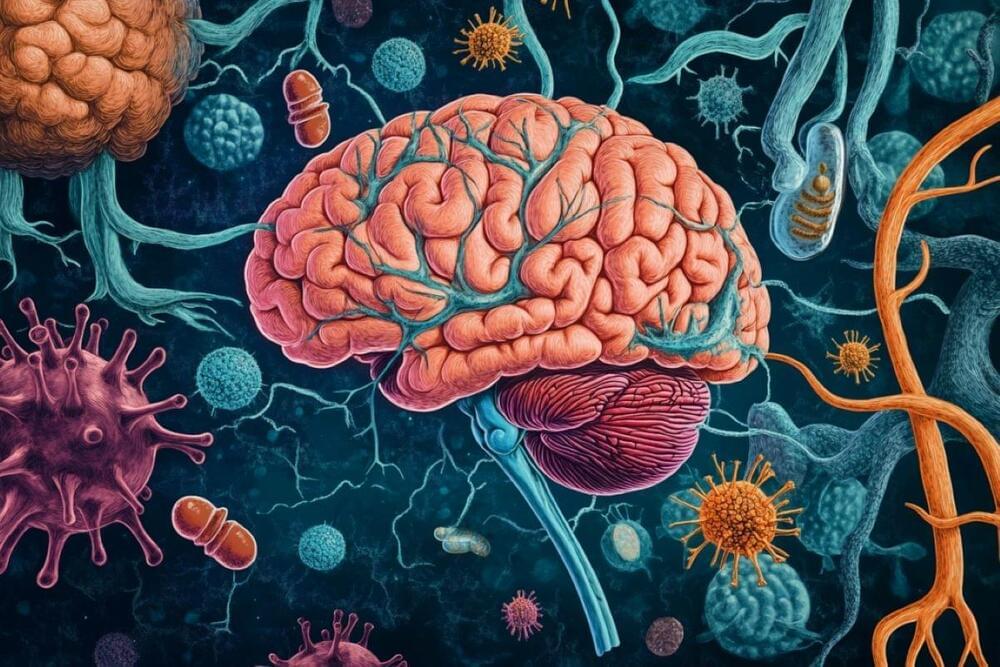
Summary: Researchers found that mutations in the Sox3 gene cause hypopituitarism, a condition where the pituitary gland produces insufficient hormones, leading to growth issues and infertility. In a study on mice, they discovered that Sox3 mutations affect brain cells called NG2 glia, which are essential for hormone production.
Treating the mice with aspirin or altering their gut microbiome restored NG2 glia levels and reversed hypopituitarism. These findings suggest that both aspirin and gut bacteria could be explored as potential treatments for people with Sox3 mutations or other hormone-related disorders.
Take a listen to this 7-min.
Podcast preview discussing the D-Theory of Time paper and the upcoming eBook release: The nature of time has long been a subject of profound inquiry within both the realms of physics and philosophy. This research paper introduces the “D-Theory of Time,” a novel conceptual framework that seeks to advance our comprehension of temporal mechanics. Departing from traditional paradigms, the D-Theory posits that time is not merely a linear progression of events but a dynamic, multidimensional construct influenced by both physical and cognitive phenomena. By integrating insights from quantum mechanics, relativity, and cognitive science, this theory offers a more holistic understanding of temporal flow and its implications on our perception of reality. Key elements include the exploration of temporal entanglement, the fluidity of past, present, and future, and the interplay between consciousness and temporal experience. This paper aims to elucidate the foundational principles of the D-Theory, provide empirical support through experimental data, and discuss its potential to resolve longstanding paradoxes in the study of time. The D-Theory of Time represents a significant upgrade to our understanding of temporal mechanics, opening new avenues for research and philosophical contemplation.
TEMPORAL MECHANICS: D-Theory as a Critical Upgrade to Our Understanding of the Nature of Time, The Seminal Papers series, by Alex M. Vikoulov, is now available to pre-order as a Kindle eBook on Amazon!
Release Date: January 5, 2025; Written by Alex M. Vikoulov; Publisher: Ecstadelic Media Group, Burlingame, California, USA; Format: Kindle eBook; Price: $9.99.
*Pre-Order eBook now: https://www.amazon.com/dp/B0DHL9GCW8?tag=lifeboatfound-20
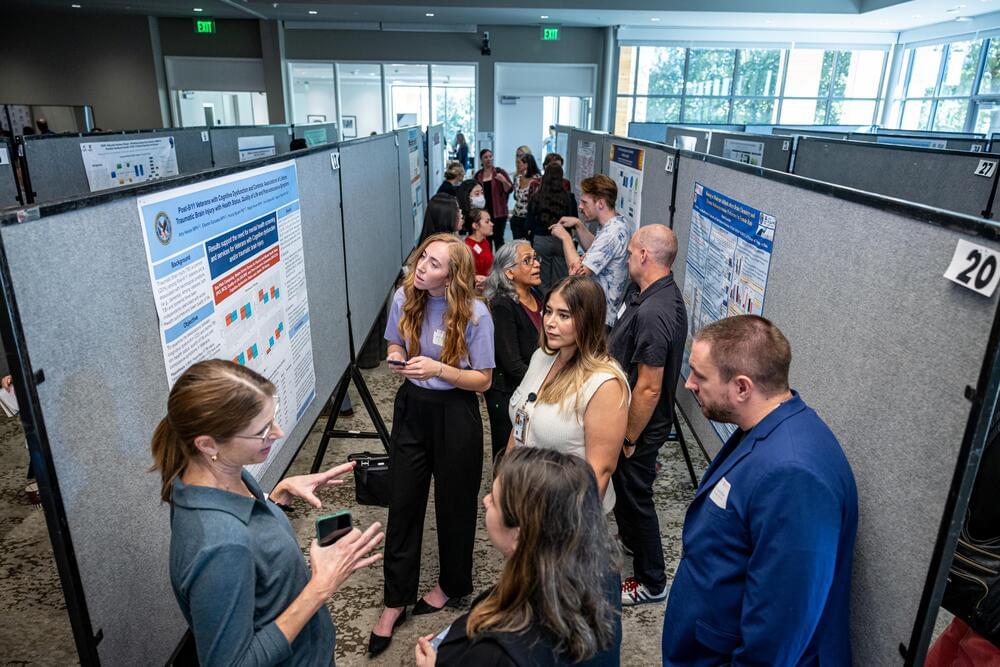
Mental health issues are one of the most common causes of disability, affecting more than a billion people worldwide. Addressing mental health difficulties can present extraordinarily tough problems: what can providers do to help people in the most precarious situations? How do changes in the physical brain affect our thoughts and experiences? And at the end of the day, how can everyone get the care they need?
Answering those questions was the shared goal of the researchers who attended the Mental Health, Brain, and Behavioral Science Research Day in September. While the problems they faced were serious, the new solutions they started to build could ultimately help improve mental health care at individual and societal levels.
“We’re building something that there’s no blueprint for,” said Mark Rapaport, MD, CEO of Huntsman Mental Health Institute at the University of Utah. “We’re developing new and durable ways of addressing some of the most difficult issues we face in society.”
A Spain-based startup has successfully demonstrated the capability of its graphene-based brain-computer interface (BCI) to perform precise tumor surgery.
INBRAIN Neuroelectronics, a company specializing in brain-computer interface therapies, successfully implanted its cortical interface in a human patient.
As per the press statement, this is the “world’s first human procedure of its cortical interface in a patient undergoing brain tumor resection.”
